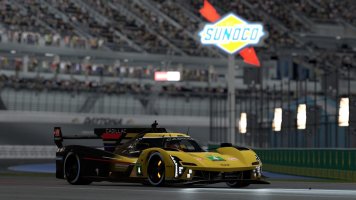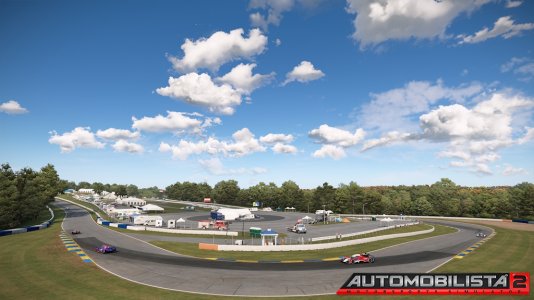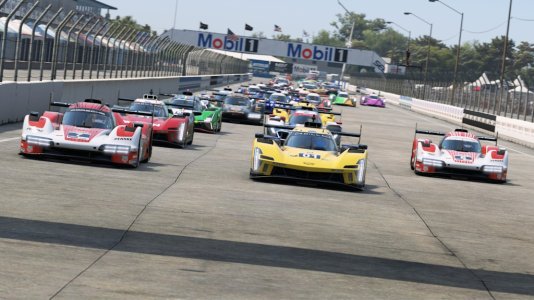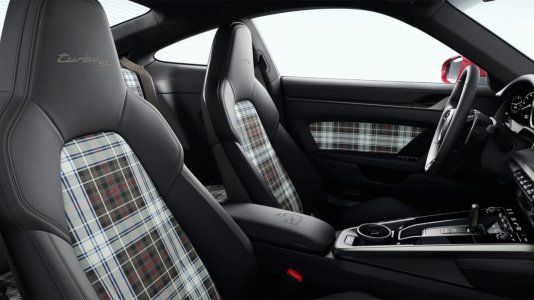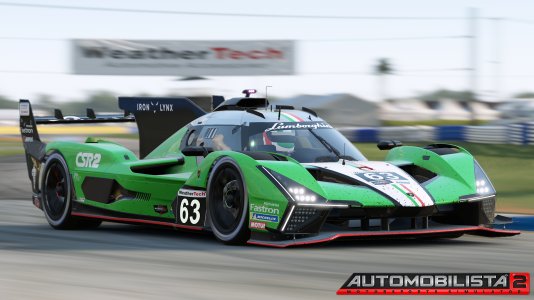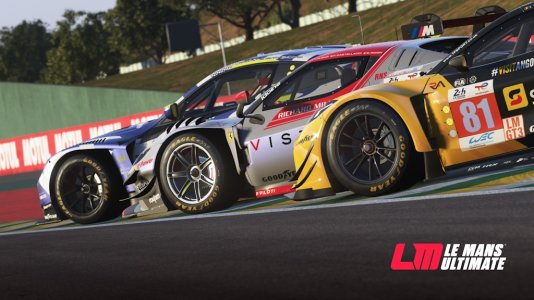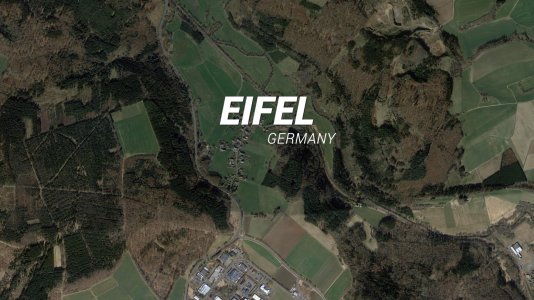F1 engine manufacturers have insisted that any future move towards 1000bhp output must be implemented using the existing V6 hybrid power units.
The agreement comes amid continuing negotiations over F1’s future rulebook from 2017 onward, with Bernie Ecclestone urging a return to the V8 engines used up until 2013 in order to boost the sport’s spectacle.
The idea to boost power levels to 1000bhp, among other aesthetic changes to the cars, has been reported since F1 Strategy Group meetings back in February, but during the Bahrain Grand Prix weekend Mercedes executive director Toto Wolff has said while the teams agree on the need to maximise excitement, any changes must be developed with the engines they currently have.
"On Friday, there was a very valuable meeting. Charlie was there, Bernie was there, and concepts are being put in place to make it a spectacular formula in 2017,” Wolff told AUTOSPORT.
"I think all engine manufacturers are pretty clear that the current engine architecture with the hybrid component needs to stay in place. This is the direction we have had and this is, at least at the moment, the current status between Ferrari, Renault, Honda and Mercedes."
The costs of abandoning the already notoriously expensive V6 power units for old V8s is undoubtedly motivating the manufacturers’ decision, but Wolff warned that increasing horsepower would bring its own costs.
"I think there are pretty easy ways to increase the horsepower, this is increasing fuel flow. If you want to increase the fuel flow by 10kg or 20kg etc. an hour, then you are going to have more than 1000bhp.
"But then you need to redesign crucial components of the engine, you need to make them more reliable and that again involves a lot of development costs. I think we all understand we want a spectacular formula, not only on the chassis side but also the power unit side, and what is being discussed at the moment is about how to achieve that."
